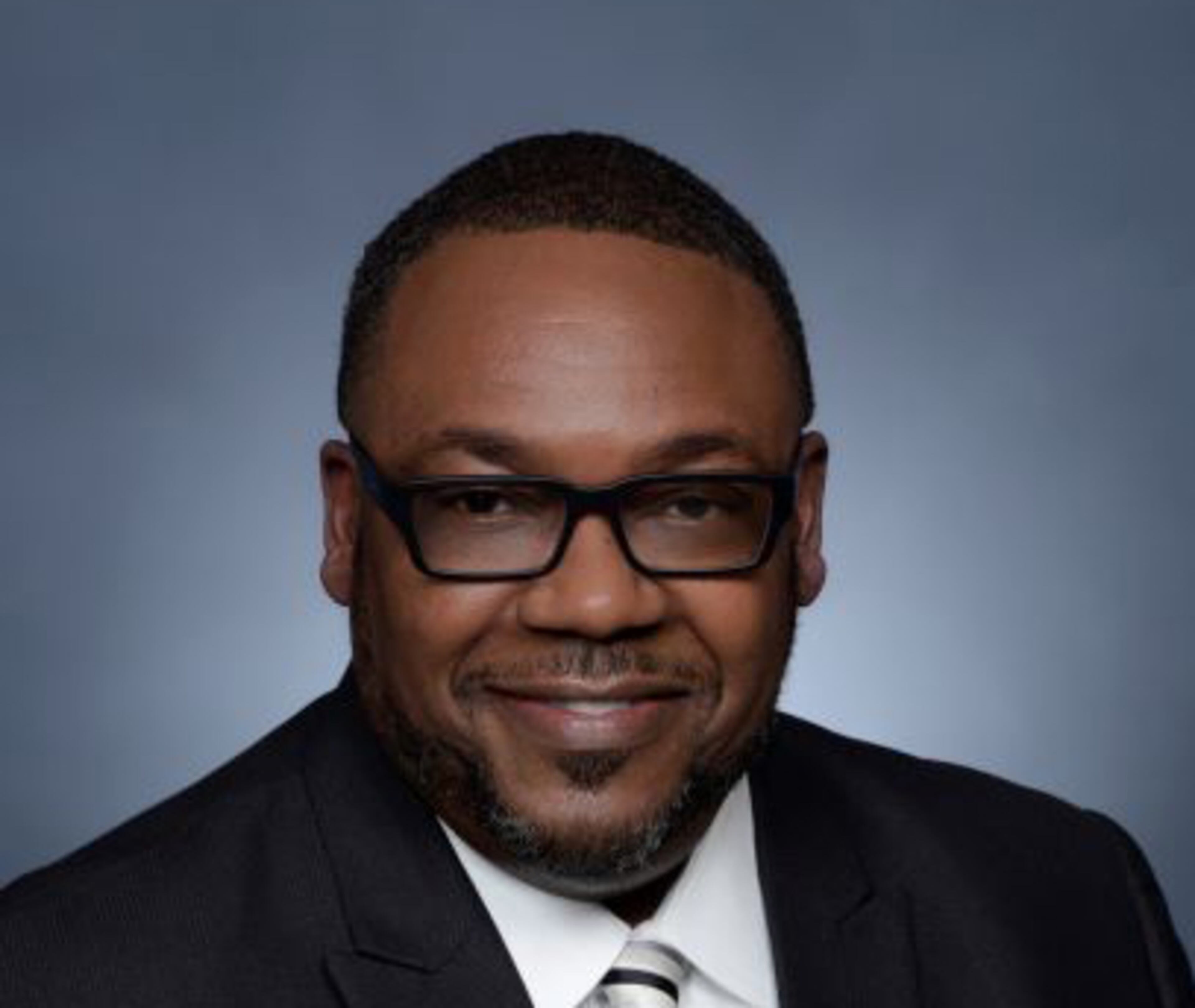Opinion: Why Georgia needs to promote Black tech talent

For many, metro Atlanta is a beacon of hope for America’s Black population. It was in 1971 that Ebony Magazine declared our region the “Black Mecca of the South,” and for good reason: building upon Atlanta’s civil rights heritage, our city offers the highest educational, political and economic aspirations and achievements of Black people in America by many accounts.
Similarly, Georgia is increasingly known as a tech hub for Black entrepreneurs and professionals, following in the footsteps of founders such as Paul Judge, Jasmine Crowe, Sheena Allen, Tope Awotona, and many others. Black-owned tech startups are flourishing in the region. In recent years, tech giants such as Apple, Alphabet, Airbnb, and Microsoft have also expanded their presence in our region to tap into our diverse talent pool.

Much has been done to bridge the racial gap in our state, and in tech in particular. Yet, much work remains. After all, while 32% of all Georgia residents are Black, our local tech workforce is only 23% Black. Similarly, only 5% of startups are Black-owned, 1% of startups are Black-funded, and only 8% of all managers in tech are Black.
These staggering statistics can be explained by several key factors, including structural racism and power imbalance that fuel discriminatory financial practices. Part of the problem is also a glaring lack of representation in decision-making roles and within U.S. venture capital firms.

As one of the largest technology associations in the U.S. and the world, TAG has a responsibility to drive change. As an important component of Georgia’s innovation ecosystem, we looked at existing initiatives to identify how we can make a measurable impact in that space and help local Black tech talent participate fully in the state’s growing economy.
But why does increasing diversity in tech matter? Metro Atlanta has a long tradition of standing on the right side of history, and this issue is no different. The state of Georgia and Atlanta specifically are uniquely positioned to influence the rest of the country. If we don’t get this right, we risk sending a message to the rest of the world that nobody can.
But not only is this the right thing to do, it’s also the smart thing to do. Our image as a region is at stake, and so is our ability to continue to attract world-class companies that play a pivotal role in strengthening our economic ecosystem. Also, newer generations want to work for companies that align profits with social and environmental causes. Meaningful social justice and equity initiatives can make a world of difference in supporting employee attraction and retention efforts. Finally, at a time when the Great Resignation is at an all-time high, minorities represent an untapped talent pool. Promoting an innovation scene that works for everyone is a win-win for all.
That’s where Bridge Builders comes in. We launched this program to create an equitable technology workforce more representative of Georgia’s population. It is anchored around defined metrics to promote accountability. Through this initiative, TAG will advance 1,000 Black people in technology over the next 5 years by helping them gain the right skills, connecting them with the right resources and promoting career paths in technology. Specifically, the organization plans to increase its scholarship fund by $100,000 over the next five years and facilitate introductions of Black entrepreneurs to TAG members and corporate leaders.
Together with our partners, we will advocate for minorities to achieve higher-level management and executive jobs through TAG member companies, public advocacy and programming. The initiative aims to have 25% of the membership in all TAG boards, societies, committees and task forces come from diverse backgrounds by the end of 2023.
But, as a nonprofit, we can’t do it alone.
TAG invites Georgia technology companies and mid-sized growth companies looking to make an impact at this critical juncture to become part of the Bridge Builders initiative. Existing partners include Arketi, Honeywell, NCR, Comcast Business, Southern Co. and Fleetcor.
Join us in moving Georgia forward for everyone.
Larry Williams is president and CEO of the Technology Association of Georgia (TAG). Michael Sullivan is Southern Co. Gas’s vice president and chief information officer. He is also co-chair of the TAG Social Justice and Equity (SJ&E) Task Force.


